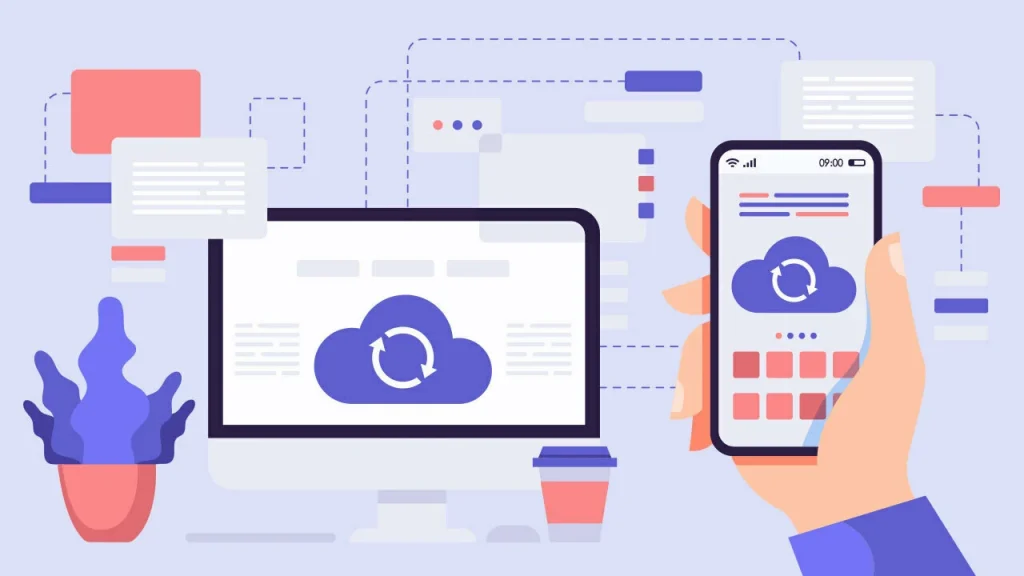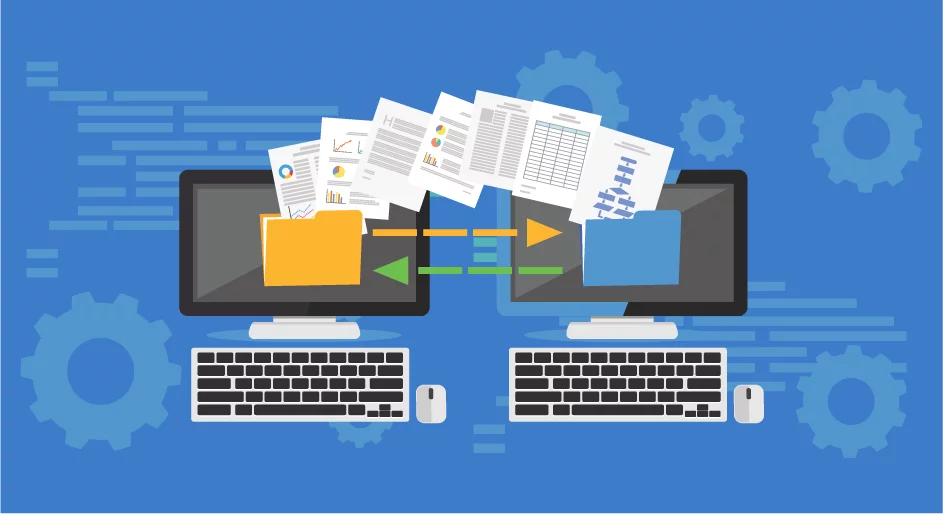Backups
BROSS ITSMe is your Backup Partner
At BROSS ITSMe, we have a dedicated team of data backup experts that provides end-to-end data protection and disaster recovery support. They will also help you in lowering compliance-related risks and associated costs. Maximize the value of managed data backup investments with us.

Top Reasons for Data Backups
- 1 : Peace of mind
Regular data backups lead to peace of mind. In the event, of a cybercrime, system crashes or disasters occurs, there is a backup ready to go to restart a company’s archive. It is never too late to start saving important company data. In the end, data backup is necessary to save the business from losing investors and customers and closing down.
- 2 : Investor relations
Per investor relations, data backup reduces the tedious time to compile annual reports for shareholders. Saved information symbolizes a company’s due diligence and organization. Without data backup, shareholders cannot make informed decisions or determine a company’s value.
- 3 : Operation plan B
There should be additional data backups if the original backups result in data corruption or hard drive failure. This option is best done via the cloud or offsite storage. Additional backups are necessary if natural or man-made disasters occur. Storms and warfare can lead to the destruction of servers and computers due to fires and floods. Luckily, we are in the age of cloud technology, where backup of your data has become easier and more secure than ever before.
- 4 : Data loss prevention
Data Loss Prevention (DLP) is the practice of detecting and preventing data breaches, exfiltration, or unwanted destruction of sensitive data. Organizations use DLP to protect and secure their data and comply with regulations.
The DLP term refers to defending organizations against both data loss and data leakage prevention. Data loss refers to an event in which important data is lost to the enterprise, such as in a ransomware attack. Data loss prevention focuses on preventing the illicit transfer of data outside organizational boundaries.


- 5 : Archiving
Backed-up information streamlines the development of archives. With digital information, company history is in the making.
Archives, on the other hand, are intended to be used as repositories for data that needs to be kept for a long period of time but is not necessarily important for operational activities. For example, data that must be retained for regulatory compliance may be archived but would not necessarily be suitable for backup.

